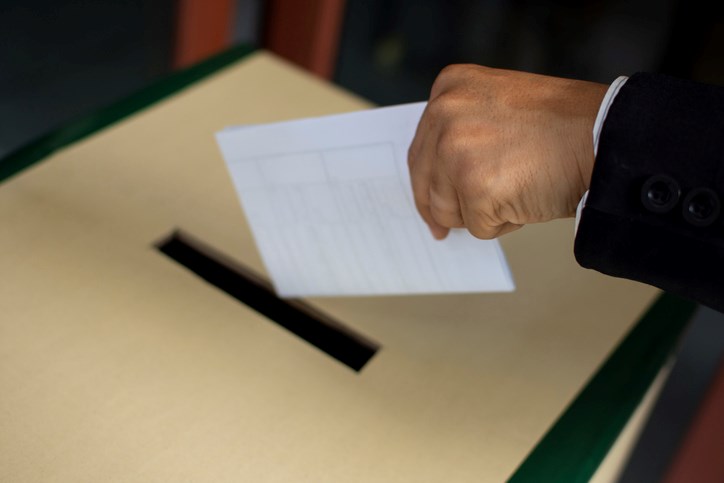Although virtually everything about the legally required byelection to fill the vacancy left when Thompson MLA Danielle Adams died in a car accident last month is unknown, the Manitoba Liberals have come out publicly to say that they will not be running a candidate out of respect for the late NDP representative.
That a byelection will be held is certain. Under Manitoba law, a byelection must be held within six months of a vacancy opening up unless there is a scheduled general election within a year. The next scheduled provincial election in Manitoba isn’t until 2023, so the government will be required to hold a race to fill the seat.
Apart from the fact that it must take place by early June, when they byelection will happen is up in the air at this point. However, given that there must be another byelection in the Fort Whyte electoral division in Winnipeg, the seat previously held by former premier Brian Pallister and that that byelection must be held by the end of March (a date for that one has not yet been set either), odds are that Thompson’s will happen in either April, May or the first week of June. It just seems unlikely that the Progressive Conservatives would like to run simultaneous byelections. When it comes down to it, the party certainly wants to keep Fort Whyte in its roster of seats. Thompson will not be a priority.
That said, it doesn’t seem that likely that the PCs will do what Manitoba Liberal leader Dougald Lamont has encouraged them to and also decline to run a candidate in Thompson.
There is some merit to the Liberals’ argument that the government should just let the party that already held Thompson keep it, since it won’t make any difference in the legislature. The PCs will still have a majority and be able to pass the legislation that they wish to. On the other hand, that argument goes for any byelection. Except in a case where there isn’t a majority government or the second- and third-place parties have an equal number of seats, there isn’t any real immediate advantage to be won from winning a byelection, per se. There are, however, other reasons to seek success in them.
For the Progressive Conservatives, Northern Manitoba is a bit of a white whale to their Ahab. In recent history, it has been dominated by the NDP, which often takes all the seats of the region – The Pas-Kameesak, Flin Flon, Thompson and Keewatinook under the current electoral division map. In the last election, those seats accounted for more than 20 per cent of the opposition party’s total. Having the ability to whittle that down by even one would certainly make it tougher for the NDP to form a provincial government in a general election, since their support is mainly in the north and in Winnipeg.
Of course, a byelection win won’t give the NDP a chance to form a government but there is going to another general election in a year or two and no one knows precisely what the political landscape will look like then. From this perspective, a Thompson byelection can be viewed as a dress rehearsal for the real deal and the PCs would probably like to get someone to run to see if they have enough support to win this time, or to potentially win the next time, though it won’t be a perfectly calibrated predictor of the next general election, since byelections usually motivate far fewer voters to cast a ballot.
Six or seven years ago, the PCs might have been tempted to abstain from running a candidate in a Thompson byelection. Prior to them ousting the NDP from government in 2016, the riding had been held for 35 years by Steve Ashton, who was defeated by political rookie Kelly Bindle in his first foray into politics. Three years later, however, Bindle lost to Adams by about 1,000 votes, indicating perhaps that any imagined breakthrough in support levels that the PCs experienced was more about the unpopularity of a government that had been in power for over 17 years and a feeling that Ashton had outlived his usefulness. In short, it might not have had anything to do with the PCs at all, deep down.
While the Liberals’ decision not to contest the race to capture the vacant seat is honourable, it’s probably also pragmatic. The Manitoba Liberals currently have only three seats and less money than the other parties. It doesn’t make a lot of sense for them to spread their resources between two back-to-back byelections. And although they were nowhere close to winning Fort Whyte in 2019, they did come close to matching the NDP’s vote total. Although the odds are still long, they would have a better shot this time, simply because they are not up against the sitting premier. In Thompson, on the other hand, they finished with less than 10 per cent as many votes as the NDP in 2019 and were fourth in the riding, behind the Green Party. Thompson has been a Conservative or NDP (mostly NDP) riding since it was created. Hoping for a miracle in the upcoming byelection wouldn’t do anything for the Liberals’ chances of increasing their seat total in the next election. And politics, it has been said, is the art of the possible.




